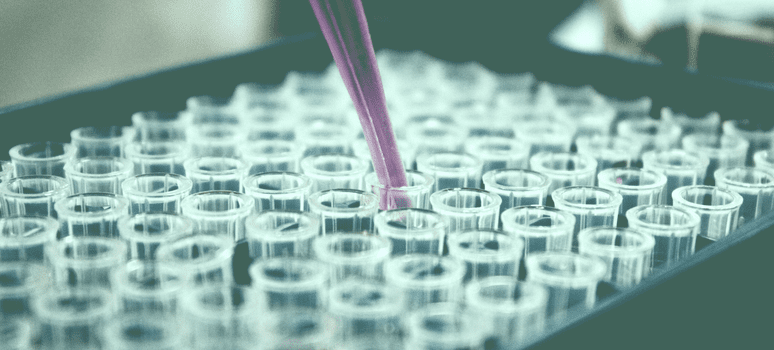The gut microbiota plays an essential role in the proper functioning of our immune system. Recent studies also show how it can support the efficacy of immunotherapy treatments for cancer.
The cancer immunotherapy is a technique that, from different approaches, tries to strengthen the immune system to improve the body's defence against cancer. Although it is proving effective, it is still only effective for a minority of patients with each type of cancer. Now, two independently conducted studies have demonstrated how the gut microbiota is a great ally of this technique.
Known their results through the Science magazineIn the past, research on the role of microbiota in immunotherapy focused on the treatment of two types of tumours: melanoma and lung and kidney cancer.
In the first case, a study developed by the University of Texas and MD Anderson Houston concluded that melanoma patients with a higher diversity of gut microbes and bacteria Faecalibacterium y Clostridialesresponded better to immunotherapy. Both survival and disease progression did not worsen either during or after treatment. As one of the study's authors, Jennifer Wargo, says, "gut bacteria modulate systemic and anti-tumour immunity". This research opens up new avenues of hope for a cure because, as we know at Biosalud Day Hospital, the microbiome can be repaired.
Research at the French centre Gustave Roussy, led by Bertrand Routy, showed how antibiotics and their influence on gut flora reduced the effectiveness of a type of immunotherapy called anti PD-1. The survival of patients who had previously taken antibiotics was lower than those who had not. The study associated a greater presence of the bacterium Akkermansia muciniphila in patients who had a partial response than in patients who did not respond to therapy.
These two investigations highlight the the need to maintain the balance of the microbiotaThis is a system that can deteriorate, especially in patients with a high consumption of antibiotics. Other pathologies such as candidiasis also alter the balance of microorganisms. At Biosalud Day Hospital we always say that intestinal health is fundamental to maintain the immune system and in fact it is one of the most important factors in the health of the intestine. main axes of the "Biosalud Method"This is a protocol that allows us to develop personalised treatments for our patients. It is in this large system of micro-organisms that most of our immune capacity resides.
Boosting the immune system to treat cancer
Cancer cells develop as a result of a number of factors, the weight of which differs from person to person. If there is one thing in common, it is the lack of immune system response to the threat of cancer.
Immunotherapy treatment aims precisely to act on immune cells to improve their response. There are personalised vaccine treatments based on exosomes from the patient's own dendritic cells. This is a immunogenic defence-boosting therapy very effective:
- is complementary to cancer treatment
- is applied on an outpatient basis
- 40 per cent increase in the efficacy of cancer treatment
- reduces side effects of conventional therapies by 70 percent
Research on the importance of the microbiota has opened up other avenues for the effective application of the results. On the one hand, it is being investigated, within faecal sample banks, which bacteria are more important in the effectiveness of treatment. On the other hand, clinical trials of probiotic compounds are underway. Probiotics help gut flora to grow and are found in many foods or supplements.


